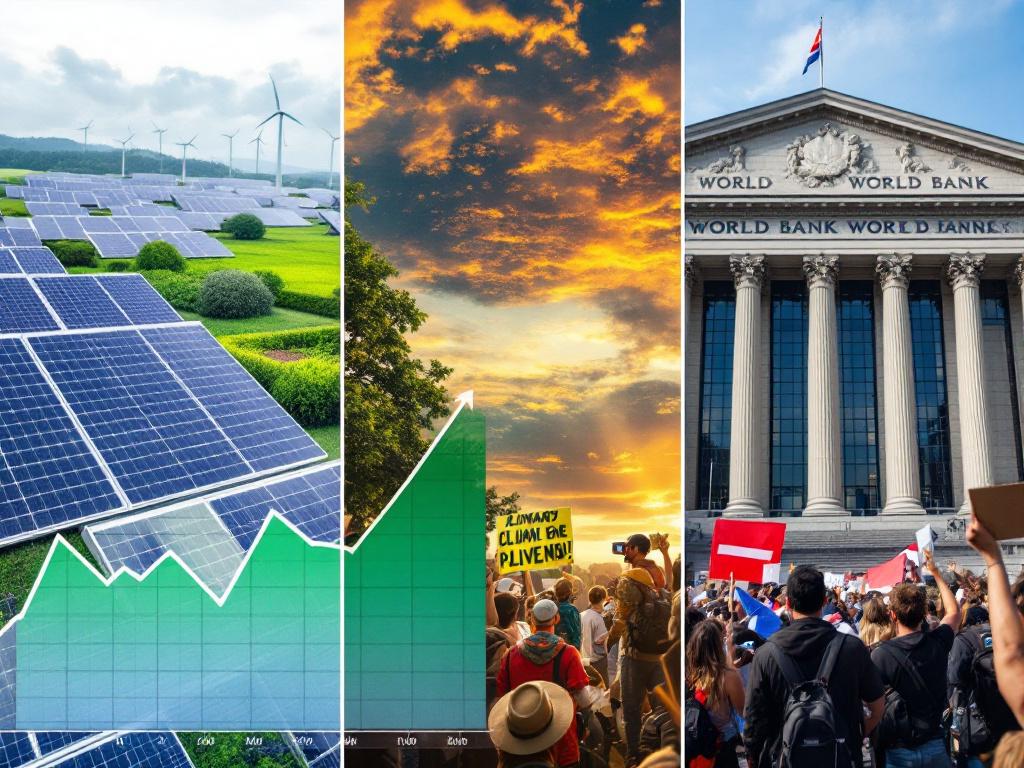Articles in this Cluster
10-10-2025
A new analysis by the energy think tank Ember found that renewable energy has exceeded global coal power generation for the first time ever. Global solar generation grew by 31% and wind generation by 7.7% in the first half of the year, outpacing electricity demand growth. While fossil fuel generation dropped slightly, the findings suggest it's possible to wean off polluting sources of power with continued investment in renewables. China and India led the green energy transition, while the US and Europe saw an increase in fossil fuel power generation. The report's findings have significant implications for climate change mitigation efforts.
Entities: renewable energy, coal, Ember, China, India • Tone: analytical • Sentiment: positive • Intent: inform
10-10-2025
The world's population is expected to peak sooner than predicted and start declining due to a sharper-than-expected decline in fertility rates globally. The total fertility rate (TFR) has been falling rapidly, with many countries experiencing rates below the replacement rate of 2.1. This decline is not limited to rich countries but is also happening in poor and middle-income countries. The UN's population projections may be overly optimistic, and the actual peak population could be lower than expected, potentially around 9 billion. This has significant implications for the world economy, international balance of power, environment, and social structures.
Entities: Furkan Kayabasoglu, Istanbul, Turkey, United Nations Population Division, Bogotá • Tone: neutral • Sentiment: negative • Intent: inform
10-10-2025
The article argues that the World Bank's focus on climate change is misguided and detrimental to its primary goal of alleviating poverty. The author, Bjorn Lomborg, claims that the Bank's climate targets are wasteful and divert resources away from more effective poverty-reduction strategies. He suggests that the US, as the Bank's largest shareholder, should demand that it scrap its climate targets and redirect its attention to poverty alleviation. The article highlights the Bank's misguided energy policies, which prioritize renewables over fossil fuels, despite the latter being more reliable and affordable for developing nations.
Entities: World Bank, United States, Kristalina Georgieva, Scott Bessent, Ajay Banga • Tone: negative • Sentiment: negative • Intent: critique
